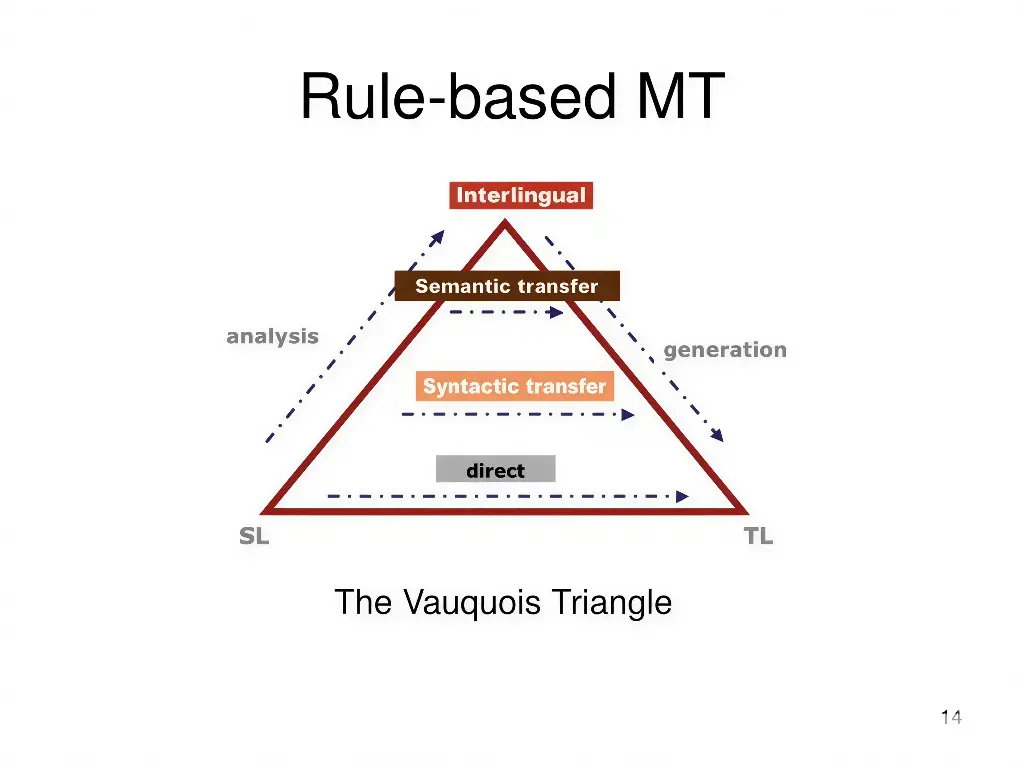With the arrival of a hyper-connected digital age, there is no longer a geographical limit to communication. Businesses, governments, and citizens are also exploiting web-based computer applications to break language barriers within minutes. With AI accelerating at breakneck speeds, the future of translating is light-years ahead of where it was ten years ago. At the forefront is the “преводеч” map — the translator — whose art is changing with technology.
This article describes how online translation using AI is changing, why there is still a “преводеч” feature, and what business, learning, and people can expect in the UK and beyond.
What is a “преводеч” in the Age of AI
The term “преводеч” is literally “translator.” A traditional преводеч was a talented human being with verbal ability, capable of translating meaning, culture, and nuance. The term is now used to also encompass AI platforms and technology as digital translators.
While the initial web translators were plagued by grammar and cultural correctness, AI tools like neural machine translation and generative AI (like ChatGPT) are in an entirely different league these days. Next-generation преводеч tools are quicker and more accurate and have a much greater ability to pick up tone, context, and feeling — previously things that belonged to human beings only.
The Rise of AI in Web Translation
1. From Rule-Based Systems to Neural Networks

The first web translators employed rule-based machines, which is identical with word-for-word translation. These previously produced unnatural, incorrect output. The second was the statistical machine translation that brought about more edible but not fluency.
The day’s hero is neural machine translation (NMT).
2. Real-Time Translation
The standard example is a UK business owner negotiating with a Japanese investor: an AI преводеч facilitates the language mediation in a second. No longer science fiction; it is here now.
3. Multilingual AI Assistants
AI translation is integrated in everyday technology. Live captioning during Zoom to in-app translation on WhatsApp, multilingual interaction is integrated in the manner we work, shop, and socialize. It is especially valuable to the UK to multicultural cities of London, Birmingham, and Manchester where over 300 languages are spoken.
Why AI Will Not Replace the Human “преводеч” Fully
- Cultural Sensitivity – AI cannot handle idioms, sarcasm, or jokes. An example is the British idiom “It’s not my cup of tea” will puzzle AI. A human translator realizes that it translates to “not to my taste.”
- Legal and Medical Precision – In the case of high risk, a mistranslation is life or death, or cost. Human translators are still needed.
- Creative Writing – poetry, fiction, and copywriting require emotional engagement and narrative. A преводеч can sense tone and subtlety that cannot be replicated by a computer.
So the future, then, is not AI taking over from преводеч, but AI as an augmentation of what they do.
The benefits of AI “преводеч” for UK Trade
UK companies selling abroad benefit from the power of AI translation in a number of areas of high relevance:
- More Rapid Inroads into Markets – Real-time translation of websites, ads, and contracts in hours not weeks.
- Savings – Reduced reliance on expensive full-time translators to handle repetitive tasks.
- Customer Experience – Provide real-time multilingual customer service and establish confidence in markets.
- Inclusivity – Serve the UK multinationals at home by making multilingual choices.
For example, a tiny Manchester web firm can now sell to the Middle Eastern, Asian, and European markets without a regiment of translators — due to AI переводч.
Challenges to AI Translation
There are certain upcoming challenges to AI translation:
- Accuracy in Specialist Areas – Specialist scientific, medical, or legal writing requires specialist human checking.
- Prejudice in AI Systems – Translation programs would be likely to have cultural or gender bias reflected in training data.
- Data Privacy Violation – Posting confidential business documents online on translation websites is a data privacy violation.
- Technology Over-reliance – Organisations have the tendency to do it all wrong by having complete dependence on AI without any human intervention.
Laws in the UK are more stringent and also require organisations to be compliant when using online translation websites.
The Future of Online Translation with AI: 2030 Prognostications
What is the future of преводеч?
- AI-Human Hybrid Workflows – Translators collaborating with AI software, leveraging speed and cultural understanding.
- Emotionally Intelligent Translation – AI will continue to translate tone, humor, and sentiment.
- Industry-Specific AI Models – Industry-specific переводеч platforms for healthcare, law, and finance.
- Augmented Reality (AR) Translation – Picture glasses flashing real-time translations while in transit.
- Universal Accessibility – language barriers would become a thing of the past, opening the doors to world discussions with zero lag.
By 2030, AI translation преводеч would be as common as search engines are currently, just something one’s gotten accustomed to.
Case Study: AI Translation in the UK Public Sector
The UK government had already begun applying AI translation services to broadcast multilingual public health messages. During the COVID-19 pandemic, web-based переводч translation platforms translated hundreds of languages.
But they were still checked manually by human editors to make sure they were culturally appropriate. This particular case is discussing the hybrid strategy which will be responsible: AI for speed, human for accuracy.
Ethical Implications of AI Translation
Use of AI переводч raises ethical issues:
- Should business corporations be required to disclose when it is AI instead of human that has translated their materials?
- How do AI coders achieve gender, race, or religious translations to be neutral?
- Who is responsible when an AI translation error inflicts damage on someone?
Thanks to AI being the standard, these ethics will influence policy in the UK and worldwide.
How People Can Benefit from AI Translation
To the average British consumer, AI переводч is already revolutionary:
- Students – Make English in foreign magazines school work.
- Travelers – Carry voice translation apps in real time while overseas.
- Immigrants – Get all government services translated in their native language.
- Businesspeople – Be free to do business anywhere on the planet without knowing all languages.
That is, the future of translation is as much about empowerment.
Conclusion: A Common Future for AI and Human “преводеч”
The future of AI translation of the internet is bright but not without issues. The преводеч has been advanced by AI to be faster, cheaper, and more prevalent than ever to enable UK businesses and individuals to communicate with each other regardless of distance. But human translators cannot be avoided where sensitivity, accuracy, and creativity are required.
Instead of replacing the преводеч, AI is reshaping the work — from human translator word-by-word to quality control and cultural translator. Man and machine will coexist, not man vs. machine.
For man and for Britain, this union of human and machine may at last signal the end of one of mankind’s most deep-seated barriers to change: language.
FAQs: The Future of Online Translation with AI
Q1: What is “преводеч”?
“Преводеч” is the word for “translator.” Both human translators and artificial intelligence machine translation are called by this name.
Q2: Would human translators completely be replaced by AI?
No. While lots of repetitive batches of content can be readily translated in a hurry with the assistance of AI, nuance, cultural sensitivity, and sensitive areas like law and medicine still require human translators.
Q3: What is the best-known AI translation software on the market today?
The very best are Google Translate, DeepL, Microsoft Translator, and AI assistants that are multi-language enabled like ChatGPT.
Q4: Is AI translation good?
AI translation is increasingly accurate with the use of neural machine translation. It lags behind, however, on highly technical, ground-breaking, or idiomatically worded material.
Q5: What advantage does AI translation bring to UK businesses?
It provides quicker access worldwide, affordability, and enhanced customer care, in addition to serving the UK’s multicultural society.
Q6: Risks of AI translation
Technical content weaknesses, cultural misunderstanding, data protection, and technology reliance without human intervention.
Q7: Future of AI translation in 2030
Human-AI hybrid workflow, emotionally aware translation, real-time hardware translation with AR assistance, and global access across industries.

